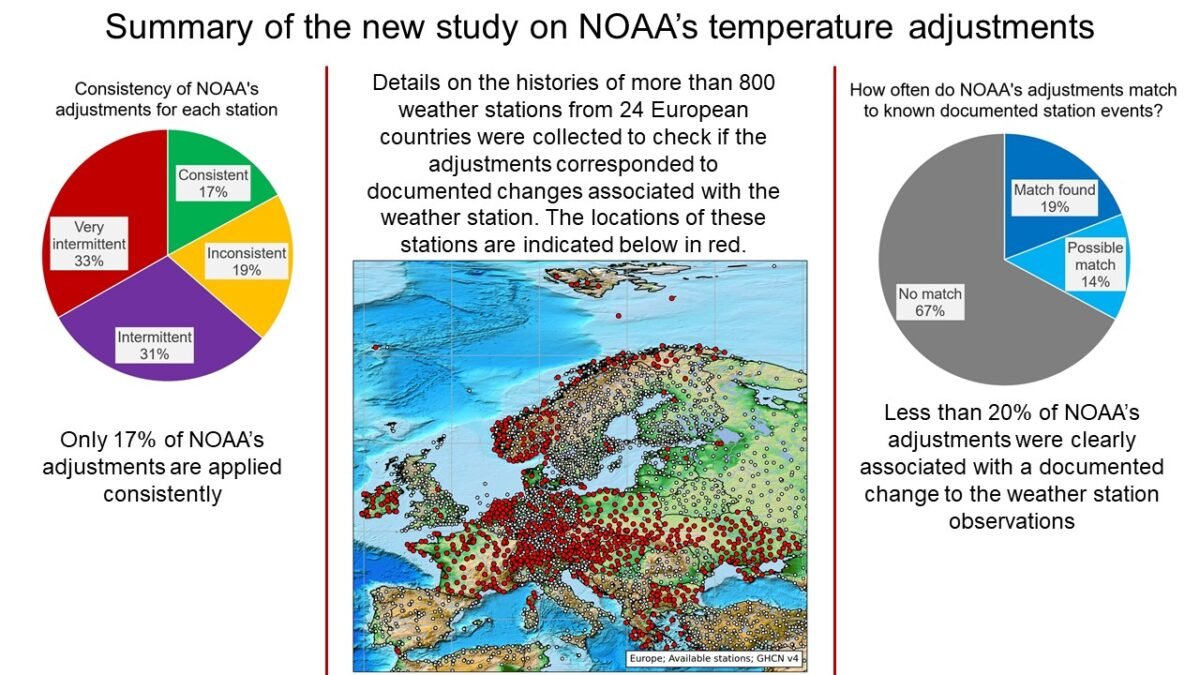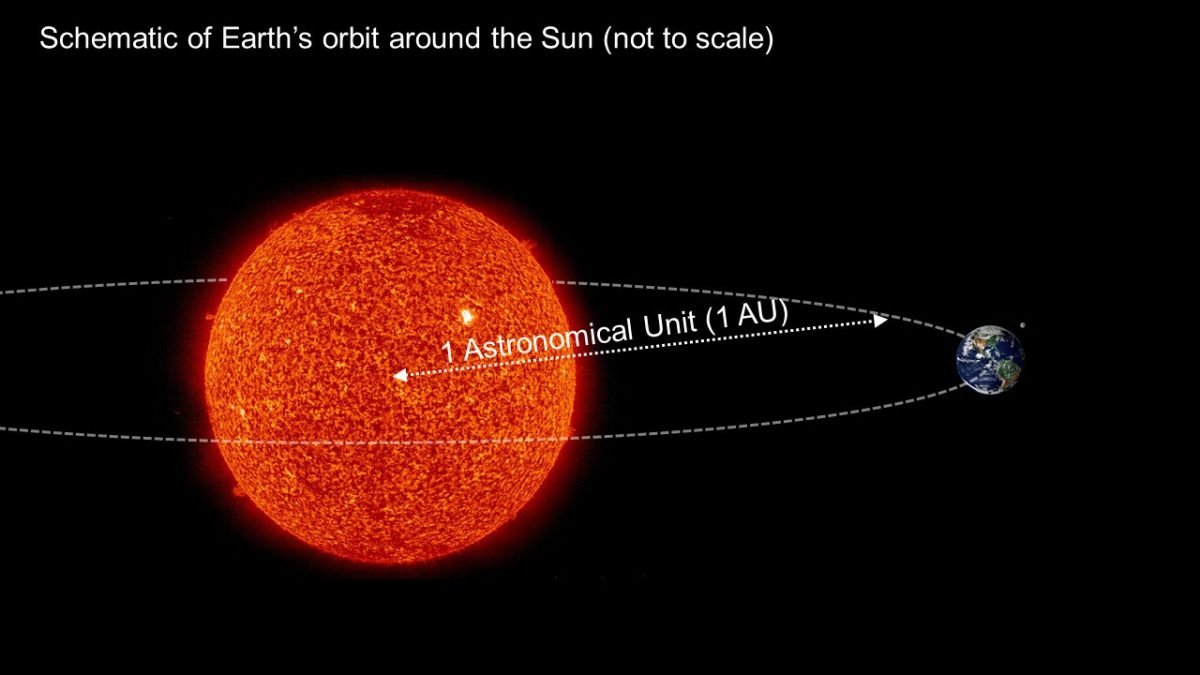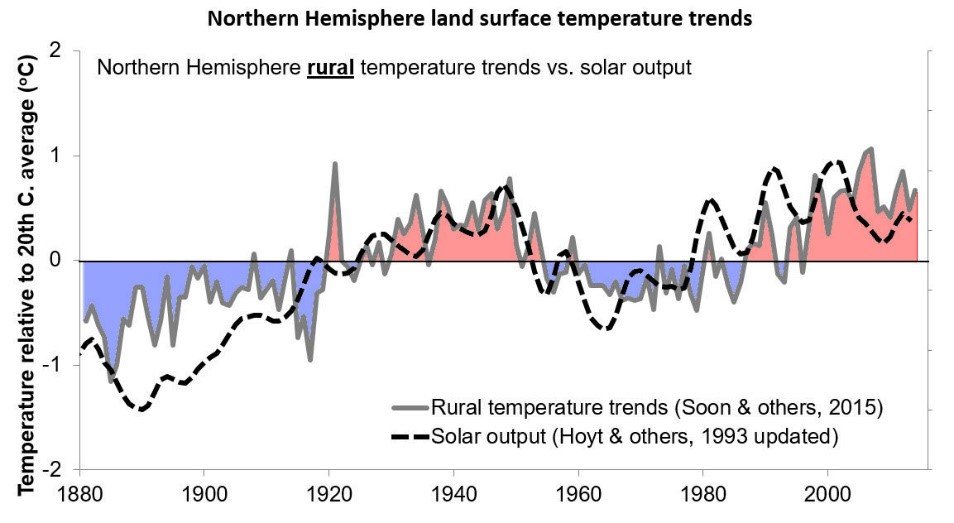In this essay, we summarise the results of our three “Urbanization bias” papers, which we have submitted for peer review at the Open Peer Review Journal.
Urban areas are known to be warmer than rural areas. This is known as the “urban heat island” effect.
This is a problem for analysing global temperature trends, because the widespread urbanization since the 19th century has introduced an artificial warming “urbanization bias” into many of the weather station records around the world. As a result, much of the “unusual global warming since the Industrial Revolution” which has been reported is just an artefact of urbanization bias.
Several groups have claimed that urbanization bias has already been taken into account in the global temperature estimates, and that they’re sure the unusual global warming is due to man-made global warming. However, in our three papers, we show that those claims are invalid.
Urbanization bias has seriously biased the current global temperature trend estimates. When we properly account for this bias, it turns out that it was probably just as warm in the 1930s and 1940s!






